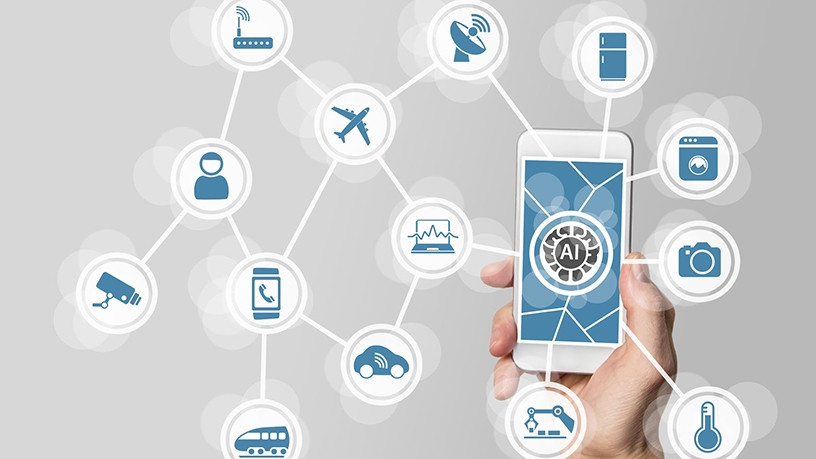
Personal devices such as smartphones, connected home devices, vehicles and wearables will know more about an individual's emotional state than his or her own family by 2022.
This is according to the latest special report from Gartner: "Predicts 2018: Personal Devices", which points out emotion artificial intelligence (AI) systems are becoming more sophisticated.
According to the research and advisory company, AI is generating multiple disruptive forces that are reshaping the way people interact with personal technologies.
"Emotion AI systems and affective computing are allowing everyday objects to detect, analyse, process and respond to people's emotional states and moods to provide better context and a more personalised experience," says Roberta Cozza, research director at Gartner.
"To remain relevant, technology vendors must integrate AI into every aspect of their devices, or face marginalisation."
Gartner says as a second wave emerges, AI technology will add value to more and more customer experience scenarios, including educational software, video games, diagnostic software, athletic and health performance, and the autonomous car.
Cozza explains: "Prototypes and commercial products already exist, and adding emotional context by analysing data points from facial expressions, voice intonation and behavioural patterns will significantly enhance the user experience.
"Beyond smartphones and connected home devices, wearables and connected vehicles will collect, analyse and process users' emotional data via computer vision, audio or sensors capturing behavioural data to adapt or respond to a user's wants and needs."
In 2017, the research firm forecast that 310.4 million wearable devices will be sold worldwide during the year, an increase of 16.7% from 2016.
Gartner foresees by 2021, 10% of wearable users will have changed lifestyles, and thereby extend their lifespans by an average of six months.
As AI emotion systems evolve, there is huge potential for specialised devices, such as medical wristbands that can anticipate life-threatening conditions and facilitate an early response system.
"Even a basic wearable device could have a positive impact on the wearer's health," says Annette Zimmermann, research VP at Gartner.
"We are seeing growing numbers of users actively changing their behaviour for the better with the adoption of a wearable device. Not only can this have beneficial influence on the amount of exercise they do, but there is evidence that one or two out of 10 smartwatch and fitness band users discover a condition such as sleep apnoea or cardiac arrhythmia through wearing the device."
By 2020, 60% of personal technology device vendors will use third-party AI cloud services to enhance functionality and services.
A major catalyst for device vendors to use cloud AI services is the increased usage of virtual personal assistants (VPAs) and natural-language technologies.
"We are starting to see adoption of these services from high-profile vendors that are using them to widen their reach," notes Anthony Mullen, research director at Gartner.
"Fitbit uses Alexa Skills to make user stats and functionality available through VPA speakers just as Netflix uses Actions for Google Assistant to voice control its service. Ultimately, vendors will compete on the best user experience and the smartness of their products, not the technology behind it," Mullen states.
Share